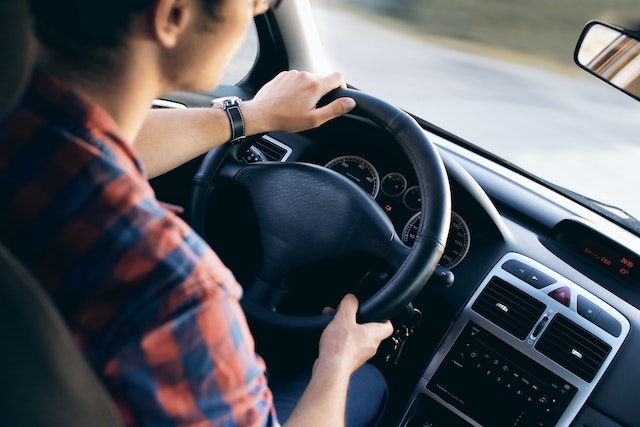
We all know that alcohol impairs a person’s judgement, making it dangerous to drive while under the influence. However, those who have drank too much to drive in the past know that the morning after isn’t always much clearer.
Is that monster hangover during the morning after similarly hazardous to a driver’s ability to navigate the roads safely?
Effects of a hangover
The intensity of hangover can vary on a number of factors, such as how much a person drank, whether different types of alcohols were consumed, how much food the person ate, whether they drank water, what medications they took and more. However, we can unanimously agree that a hangover typically consists of some, if not all, of the following symptoms:
- Sensitivity to light
- Inability to focus
- Sensitivity to sound
- Fatigue
- Nausea
- Headache
- Body aches and or weakness
- Vertigo
- Irritability, anxiousness or depression
Dangers of driving while impaired
While it’s clear to see why driving while in a hungover state may not be very responsible, recent studies are now showing just how risky it is. Some articles even say that driving with a hangover carries the same risks of driving while drunk.
Though we tend to think of alcohol only having an effect on our sense while it’s in our blood, the truth is that alcohol can continue to impair a driver’s judgment long after it’s left the driver’s body. It’s up to drivers to recognize their state of mind and make a responsible decision.
Negligent drivers may be liable
There is no law against driving while hungover. However, you can still be ticketed for reckless driving or cause an accident if you choose to drive before you’re ready to do it safely.
If the police report states that your judgment seemed to be impaired following an accident, you could be found negligent and become liable for injuries and damages caused in a crash. That’s why it’s always important to make a responsible decision when deciding to drive and always drive defensively.


